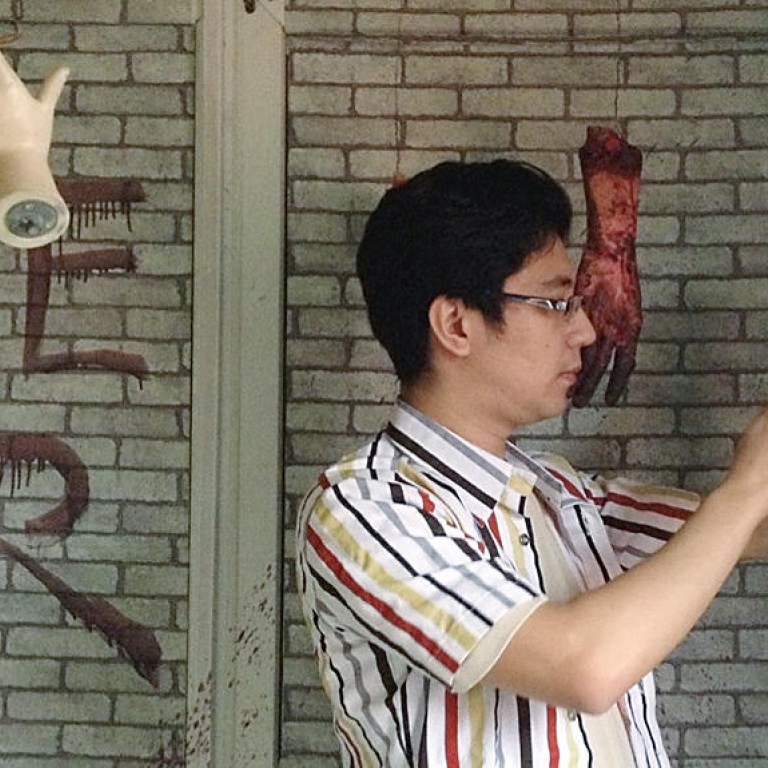
Beijingers hooked on video game thrills turned real
Escape room puzzles, based on a classic game by a Japanese software company, are attracting young people tired of the karaoke scene
Beijingers have embraced the thrill offered by real-life escape games, with the number of companies based on the attraction growing from about a dozen last year to more than 100.
The entertainment takes its cue from a Japanese video game, first made popular in 2005, in which players are inserted into a mysterious room and must hunt for clues and solve puzzles in order to escape. Within a few years, companies emerged with real-world versions of the game, with entrepreneurs renting industrial space, devising the "solution" and filling it with the necessary furniture and outlandish items.
The trend caught on, with rooms popping up in Harbin in Heilongjiang province , Shanghai and Nanjing in Jiangsu province, as well as in cities outside the mainland, such as Hong Kong.
Tang Yuhong, 30, opened her Lost Real-life Room Escape Studio in the capital last September. It cost her about 100,000 yuan (HK$127,000) to decorate a 44 square metre studio themed as a ghost ship from the 16th century.
"It's very competitive to run the studio, there are so many of them in Beijing now," Tang said. "It's cheap to start the business, but it's challenging to design the puzzles and keep attracting customers."
Groups of at least five people pay 80 yuan each to use the space for an hour. Tang said her prices were higher than those of other studios because she had invested more.
"Someone can simply rent a two or three-bedroom apartment, stick some wallpaper up, arrange a few tables and chairs and run it," she said. "They will still have customers, because right now most young people are tired of dining out, going to karaoke, playing cards or board games. The real-life room-escape games are fresh and trendy."
Lu Tong, 31, opened his Puzzle Room Escape Studio in April after learning the games were a hit. He quit his white-collar job and leased a loft with five rooms in suburban eastern Beijing, near several schools. Most of his customers are college students or teenagers. Lu charged 50 yuan a ticket, and said his expenses came to about 15,000 yuan a month. "I'm not losing money, and I'm confident that I can make more money next year," Lu said. "My strategy is to keep updating the puzzles to create an addictive experience. I can be successful, even though I haven't invested a lot of money in the decoration."
Among the patrons of Tang's Lost Studio is a 33-year-old player named Calvin. He said he had tried a dozen studios in Beijing and preferred the studio for the quality of its logic puzzles and distinctive design.
"I like the feeling of fulfilment when I'm able to work in a logical way to solve the problems," Calvin said. "Playing the games with friends is a good way to learn people's hidden talents. For example, some girls are good at finding things. Others are good at calculations or solving puzzles."
Chen Han, 24, has been playing online room-escape games for years. When he started to play real-life ones, he discovered a different kind of satisfaction. "I play with my friends and girlfriend," Chen said. "When we solve the puzzle and get out of the locked room, we share a great feeling of success. But the downside is that many studios design their puzzles poorly. There's little logic to their games, and it's frustrating to get stuck all the time."
Lu is concerned over the lack of regulations in his industry. "There are studios that operate without a licence. What if a fire breaks out when there's no extinguisher?"
He said many studios adopted horror themes, including his own which imitates and series. To ensure everything runs smoothly, he has added security cameras. "But does every studio do this?" he asked.

